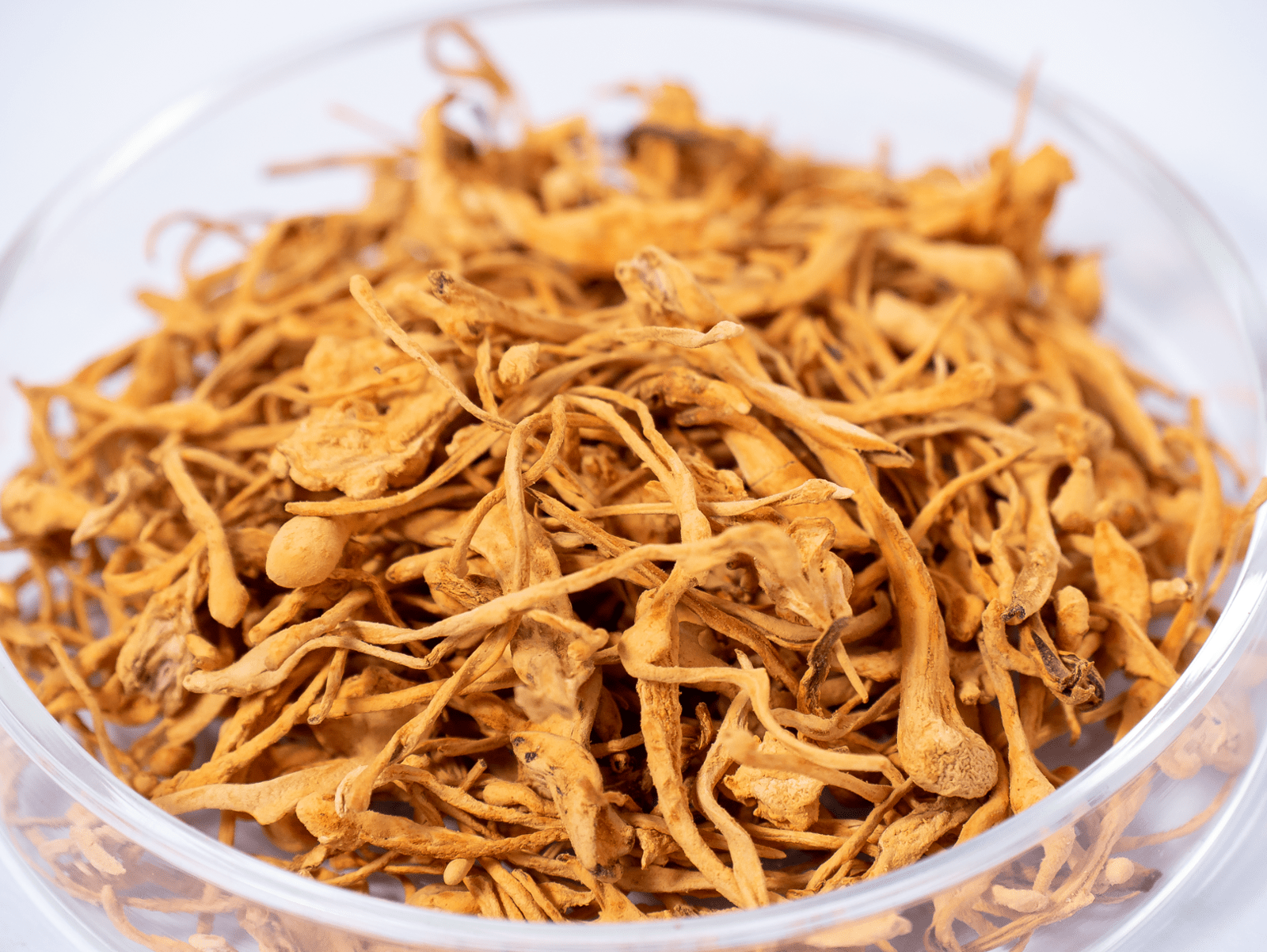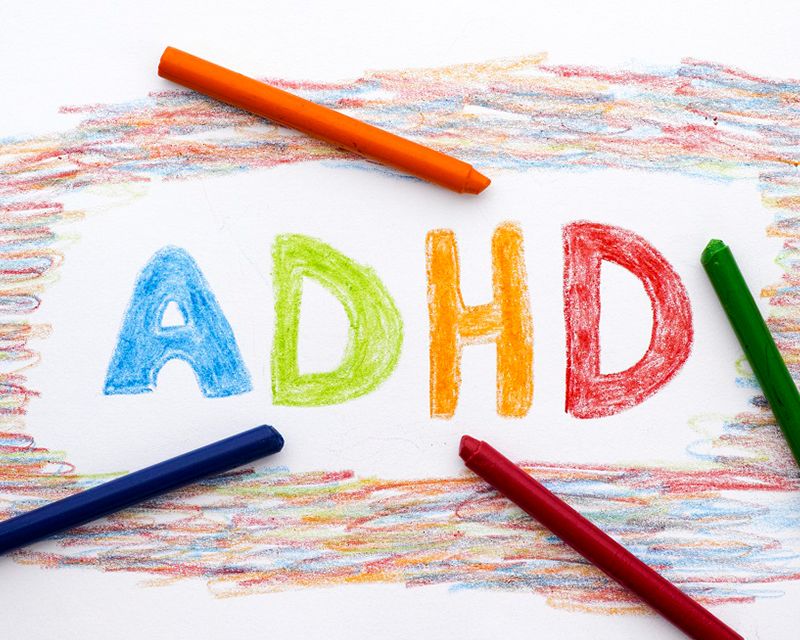ADHD: Understanding the Disorder:
Attention deficit hyperactivity disorder (ADHD) is a neurodevelopmental disorder that affects both children and adults. Individuals with ADHD typically struggle with inattention, hyperactivity, and impulsivity, which can impact various aspects of their daily lives. This disorder is believed to be caused by a combination of genetic, environmental, and neurological factors.
ADHD can present differently in individuals, with some experiencing predominantly inattentive symptoms, others exhibiting primarily hyperactive-impulsive symptoms, and some displaying a combination of both. Children with ADHD may have difficulty following instructions, organizing tasks, and staying focused, while adults with ADHD may struggle with time management, impulse control, and maintaining relationships. Understanding the complexities of ADHD is crucial for accurate diagnosis and appropriate management strategies.
Symptoms of ADHD in Children and Adults:
In children, symptoms of ADHD may include inattentiveness, hyperactivity, and impulsivity. Children with ADHD may have difficulty staying focused on tasks, following instructions, and organizing activities. They may also display high levels of energy, fidgeting, and excessive talking. Additionally, impulsivity in children with ADHD may manifest as interrupting others, difficulty waiting their turn, and acting without considering consequences.
Similarly, adults with ADHD may exhibit symptoms such as forgetfulness, disorganization, and chronic lateness. They may struggle with maintaining attention during tasks, completing projects, and managing time effectively. Adults with ADHD may also experience restlessness, difficulty relaxing, and impulsive decision-making. Overall, symptoms of ADHD can have significant impacts on daily functioning and interpersonal relationships in both children and adults.
Diagnosis and Assessment of ADHD:
- To accurately diagnose ADHD, healthcare professionals typically rely on a combination of in-depth interviews, self-report questionnaires, and observations from family members or teachers.
- It is crucial for the assessment process to include a thorough evaluation of the individual's medical history, behavioral patterns, and academic performance.
- Additionally, healthcare providers may use standardized rating scales to assess the presence and severity of ADHD symptoms, which can help in forming a comprehensive understanding of the individual's condition.
- Moreover, the diagnostic process also involves ruling out other potential explanations for the symptoms displayed by the individual.
- This may include screening for other mental health disorders, learning disabilities, or medical conditions that could be contributing to the observed behaviors.
- A comprehensive evaluation is necessary to ensure an accurate diagnosis and to tailor an effective treatment plan that addresses the unique needs of the individual with ADHD.
Common Treatments for ADHD:

Stimulant medications are often prescribed as the first-line treatment for ADHD. These medications, such as methylphenidate and amphetamine salts, work by increasing the levels of neurotransmitters in the brain, helping to improve focus, attention, and impulse control in individuals with ADHD. Non-stimulant medications like atomoxetine and guanfacine are also commonly used for those who do not respond well to stimulants or experience unwanted side effects.
Behavioral therapy is another essential component of treating ADHD, particularly in children. This type of therapy focuses on teaching individuals specific skills to manage their symptoms, improve organization and time-management skills, and enhance communication and social interactions. Additionally, incorporating strategies like creating structured routines, setting up clear expectations, and providing positive reinforcement can also be beneficial in managing ADHD symptoms effectively.
Cordyceps Militaris: An Overview

Cordyceps Militaris, a type of fungus that has been used in traditional Chinese medicine for centuries, is gaining popularity for its potential health benefits. This fungus grows on the larvae of insects and has been studied for its various medicinal properties. Cordyceps Militaris is unique in that it has been found to contain bioactive compounds that may have positive effects on the body.
Research on Cordyceps Militaris suggests that it may have antioxidant and anti-inflammatory properties, which could be beneficial for overall health. Some studies have also explored its potential role in improving energy levels, athletic performance, and immune function. As interest in natural remedies and alternative therapies continues to grow, Cordyceps Militaris is increasingly being examined for its potential applications in treating various health conditions, including ADHD.
Potential Benefits of Cordyceps Militaris:
- Cordyceps militaris is a fungus that has been used in traditional medicine for centuries, particularly in Asian cultures.
- This powerful adaptogen is believed to help increase energy levels, enhance stamina, and support overall vitality.
- Some studies suggest that cordyceps militaris may also have potential benefits for cognitive function and mental alertness, making it a promising natural remedy for conditions like ADHD.
- Research on cordyceps militaris has indicated that it may help improve focus and concentration, which are key areas of concern for individuals with ADHD.
- By supporting neurotransmitter function and promoting healthy blood flow to the brain, cordyceps militaris could offer a natural alternative or complementary treatment option for managing symptoms of ADHD.
- Although more research is needed to fully understand the mechanisms of action and effectiveness of cordyceps militaris for ADHD, early findings are encouraging and warrant further exploration in clinical trials.
Research on Cordyceps Militaris for ADHD:
Cordyceps Militaris has sparked interest in the field of ADHD research due to its potential therapeutic benefits. Several studies have been conducted to explore the impact of this fungus on symptoms associated with ADHD. Researchers have delved into its mechanisms of action and how it may affect neurotransmitter levels in the brain, which are often imbalanced in individuals with ADHD.
Preliminary findings suggest that Cordyceps Militaris may have a modulating effect on dopamine and serotonin levels, two key neurotransmitters implicated in ADHD. By targeting these pathways, Cordyceps Militaris could potentially help improve attention, focus, and impulsivity in individuals with ADHD. However, more robust clinical trials are needed to establish its efficacy and safety profile for this specific population.
How Cordyceps Militaris Works in the Body:
Cordyceps Militaris works in the body by modulating the immune system. Studies suggest that this medicinal fungus can enhance the activity of certain immune cells, such as natural killer cells and macrophages, which play a crucial role in defending the body against infections. By strengthening the immune response, Cordyceps Militaris may help the body combat pathogens more effectively.
Furthermore, Cordyceps Militaris has been shown to possess antioxidant properties. Antioxidants are substances that help neutralize harmful free radicals in the body, which can cause oxidative stress and damage cells. By scavenging free radicals, Cordyceps Militaris may contribute to reducing inflammation and protecting against various chronic diseases associated with oxidative damage.
Safety and Side Effects of Cordyceps Militaris:
It is important to note that Cordyceps militaris is generally considered safe for most people when taken in appropriate doses. However, like with any supplement or medication, there is a potential for side effects to occur. Some individuals may experience mild gastrointestinal symptoms such as nausea, diarrhea, or stomach discomfort when consuming Cordyceps militaris.
In rare cases, allergic reactions to Cordyceps militaris have been reported. Symptoms of an allergic reaction may include hives, itching, swelling, or difficulty breathing. If you experience any of these symptoms after taking Cordyceps militaris, it is recommended to discontinue use immediately and seek medical attention. Additionally, individuals who are pregnant, breastfeeding, or have underlying health conditions should consult with a healthcare provider before incorporating Cordyceps militaris into their routine.
Considerations Before Using Cordyceps Militaris for ADHD:
When considering the use of Cordyceps Militaris for ADHD, it is vital to consult with a healthcare professional or a qualified practitioner. While Cordyceps Militaris is generally considered safe for most people, individual responses to supplements may vary. It is important to discuss any existing medical conditions, ongoing treatments, or potential interactions with other medications before incorporating Cordyceps Militaris into your regimen.
Additionally, it is crucial to purchase Cordyceps Militaris supplements from reputable sources to ensure quality and safety. The market for dietary supplements is not closely regulated, so opting for established brands or products that have undergone third-party testing can help minimize the risk of contamination or impurities. Being well-informed about the product you choose and following recommended dosages can contribute to a safer and more effective use of Cordyceps Militaris for managing ADHD symptoms.
House of Mushroom provides top-tier, naturally cultivated Cordyceps militaris designed to support and enhance memory and concentration. With our stringent quality controls and commitment to purity, you can be confident that you are choosing a product that is both effective and safe for your cognitive health needs. Choose House of Mushroom to experience the full benefits of Cordyceps militaris for improving your mental clarity and focus.
Future Research and Possibilities for Cordyceps Militaris:
Future research on Cordyceps Militaris holds promise in uncovering its full potential in managing ADHD. Studies exploring the optimal dosage, frequency of intake, and long-term effects of Cordyceps Militaris on individuals with ADHD are essential for developing evidence-based guidelines. Additionally, investigating the mechanisms through which Cordyceps Militaris exerts its therapeutic effects on ADHD symptoms can provide valuable insights for refining treatment strategies.
Exploring the potential synergistic effects of combining Cordyceps Militaris with conventional ADHD treatments is another avenue for future research. Understanding how Cordyceps Militaris interacts with stimulant medications or behavioral therapy in enhancing symptom management can offer new perspectives on holistic approaches to ADHD treatment. Furthermore, examining the impact of Cordyceps Militaris on comorbid conditions commonly associated with ADHD, such as anxiety or depression, could shed light on its comprehensive therapeutic benefit


